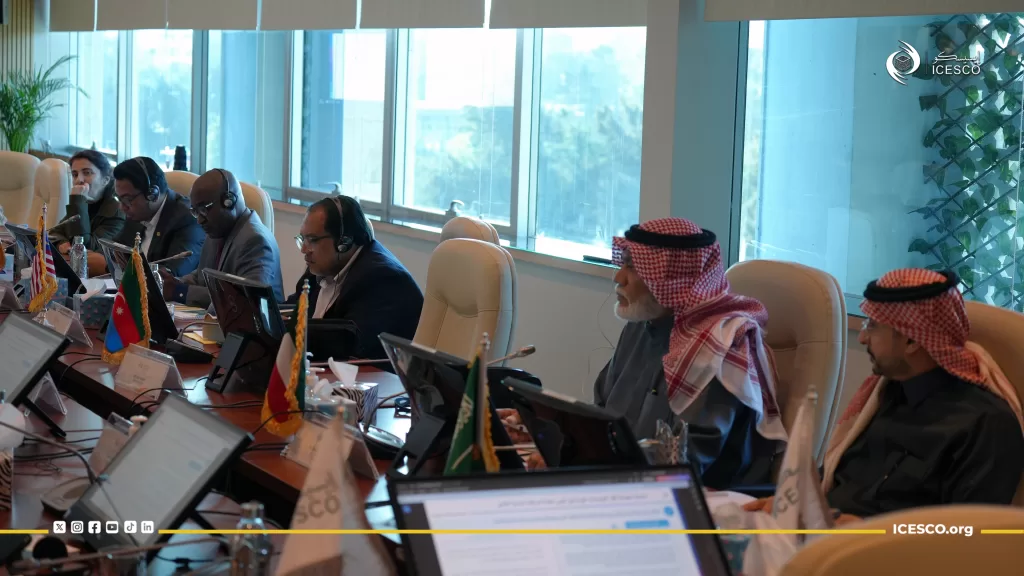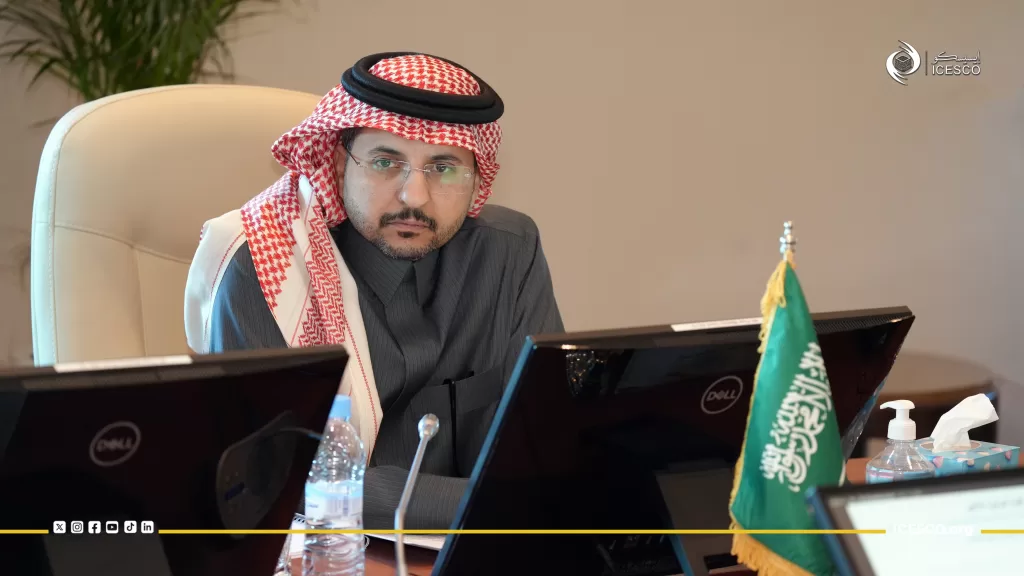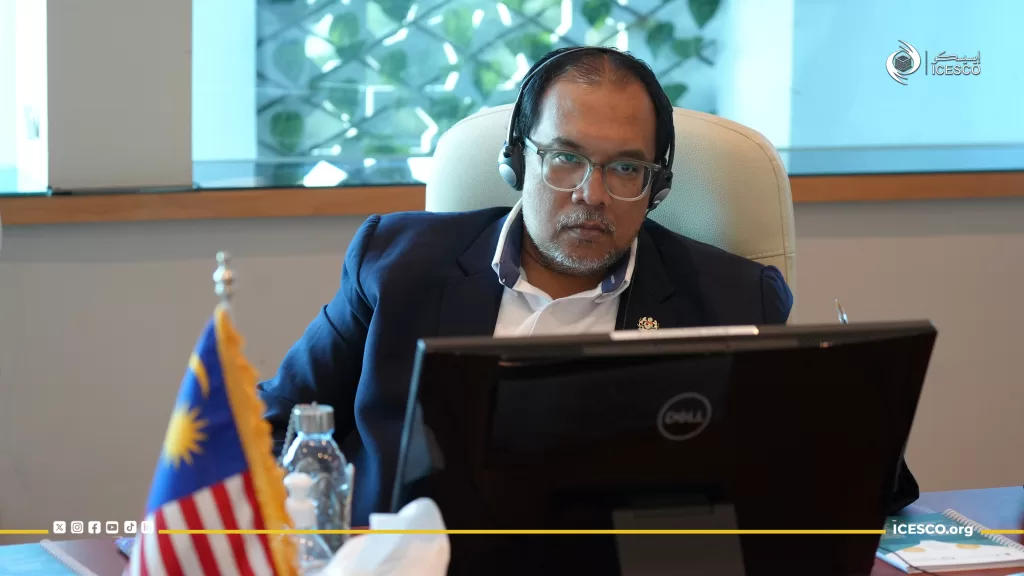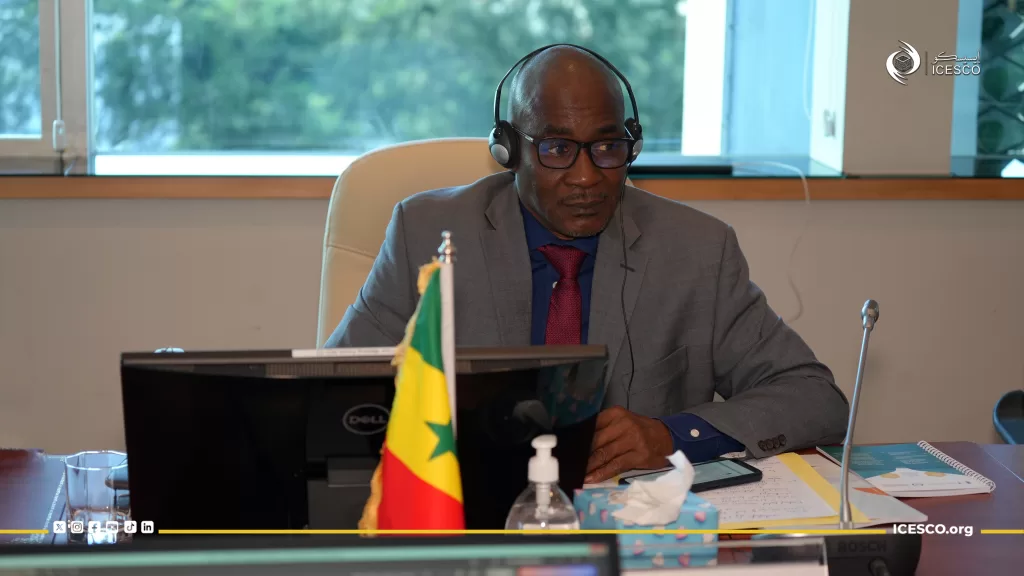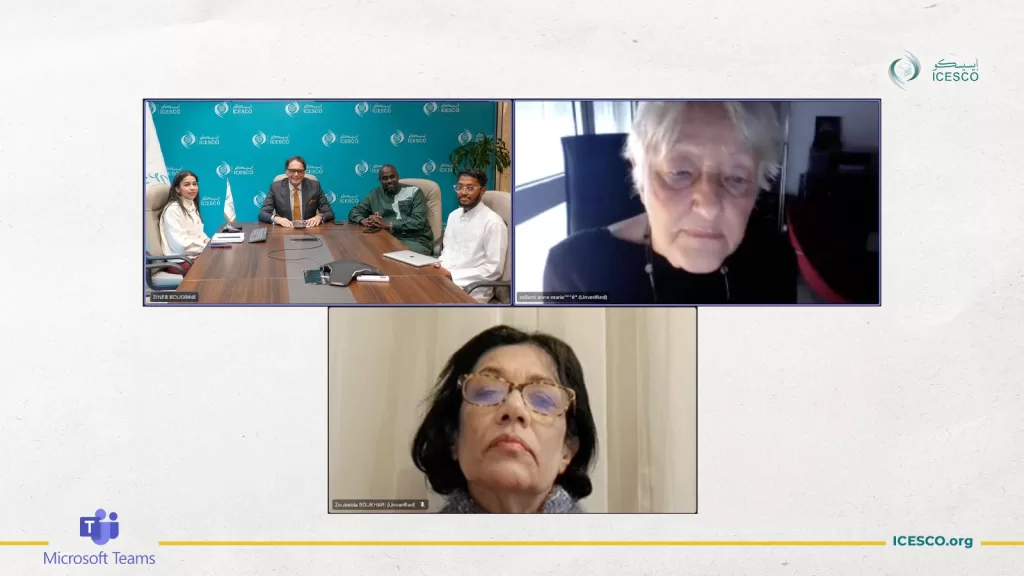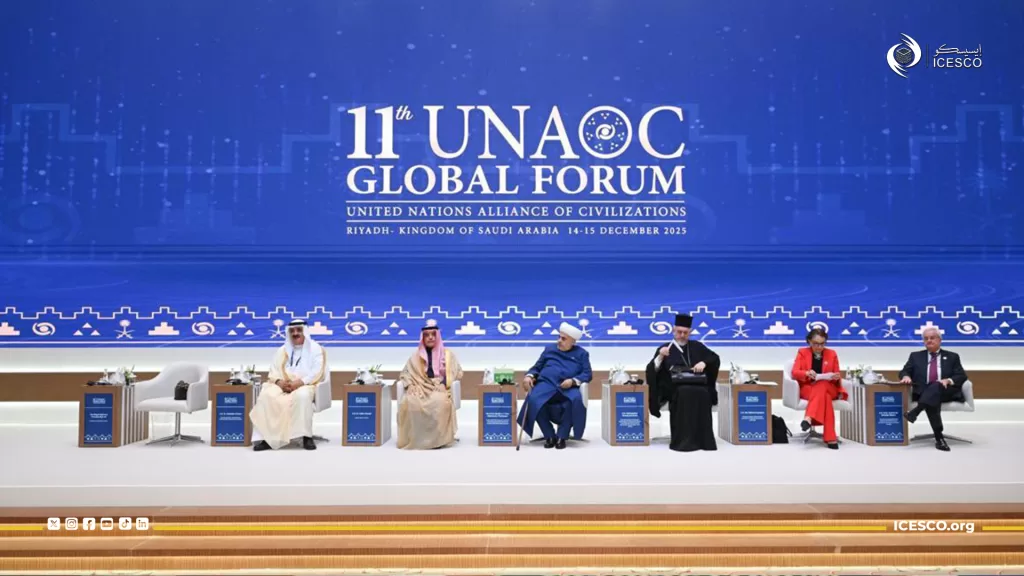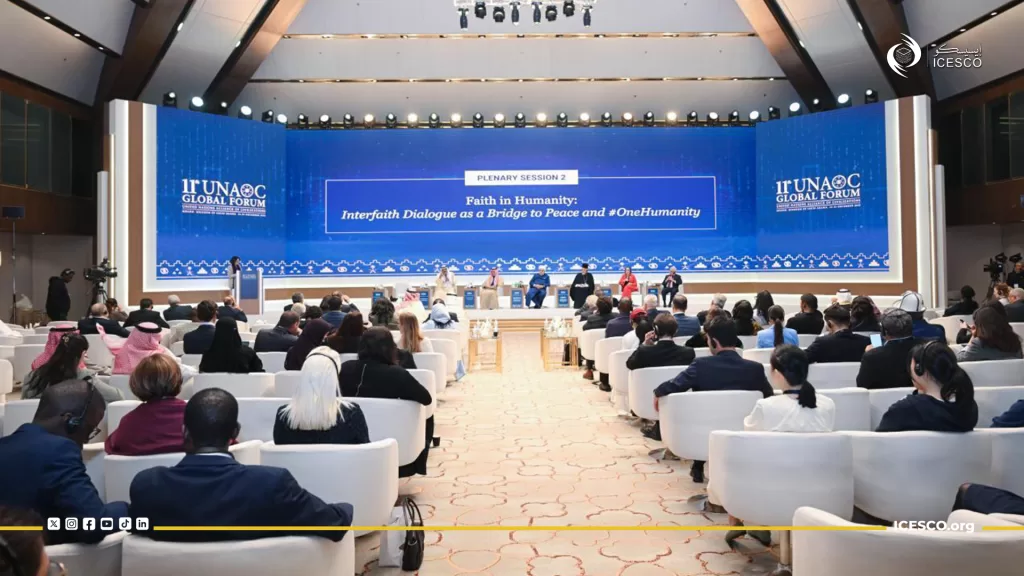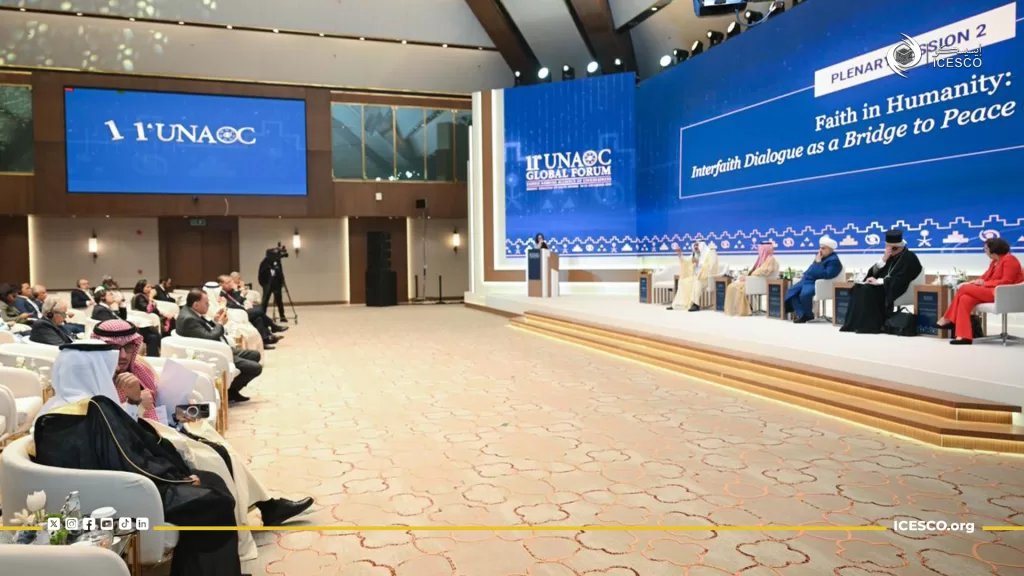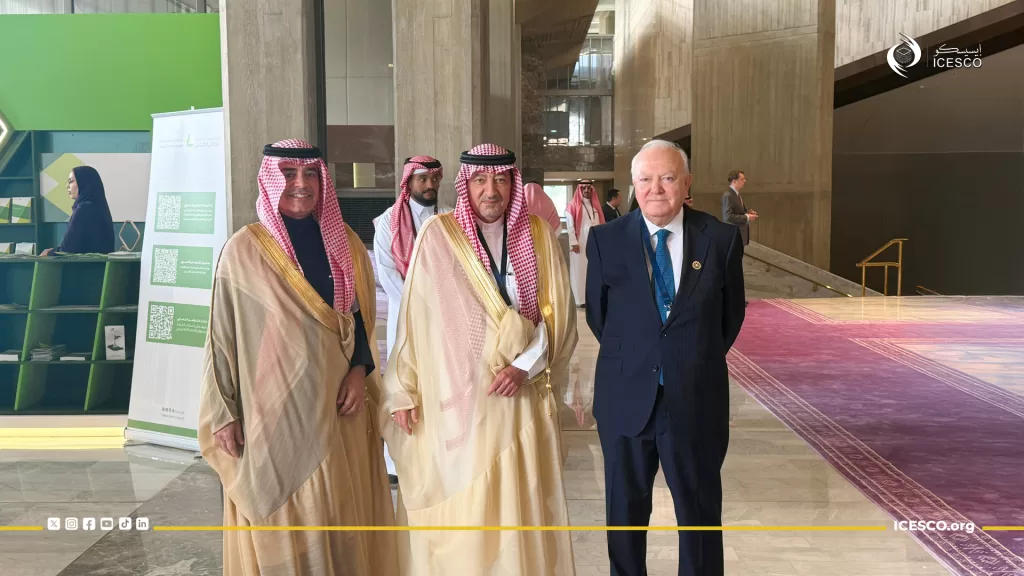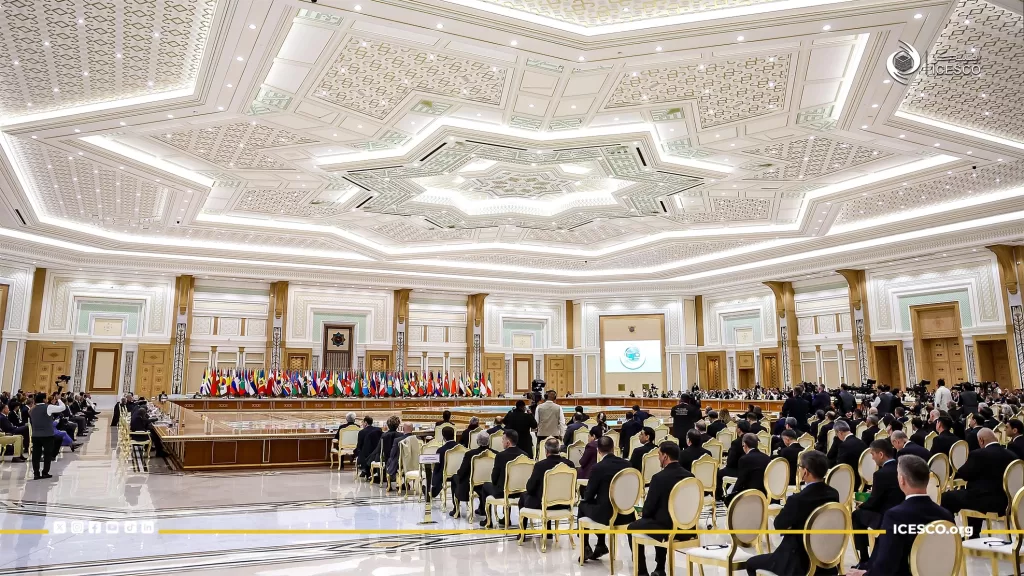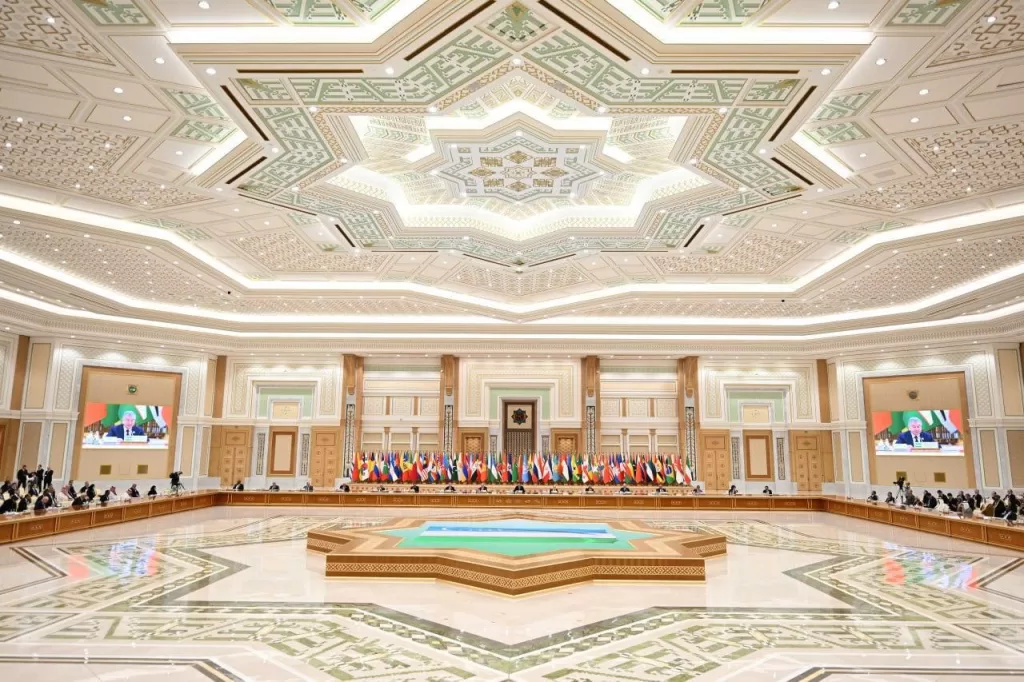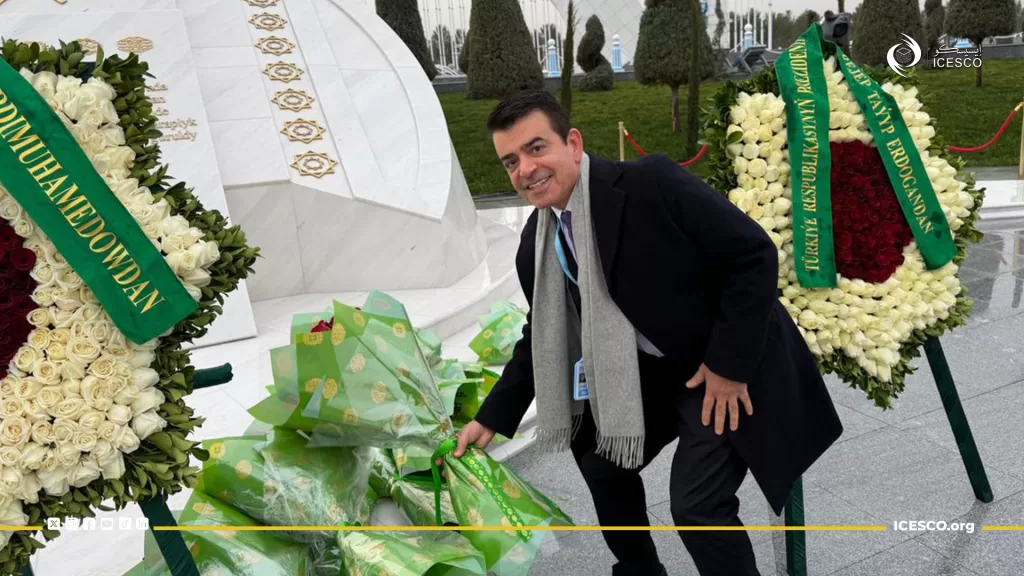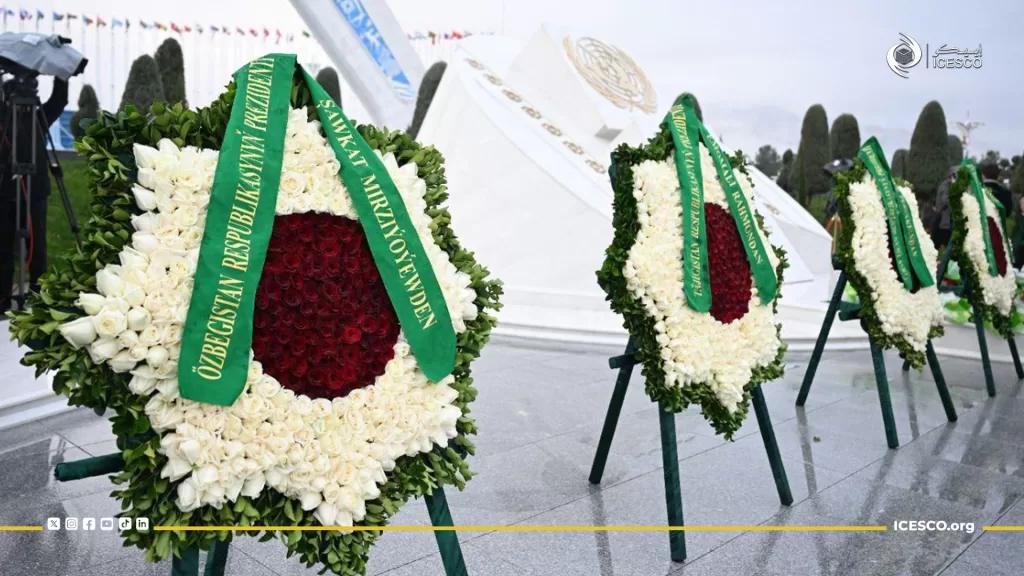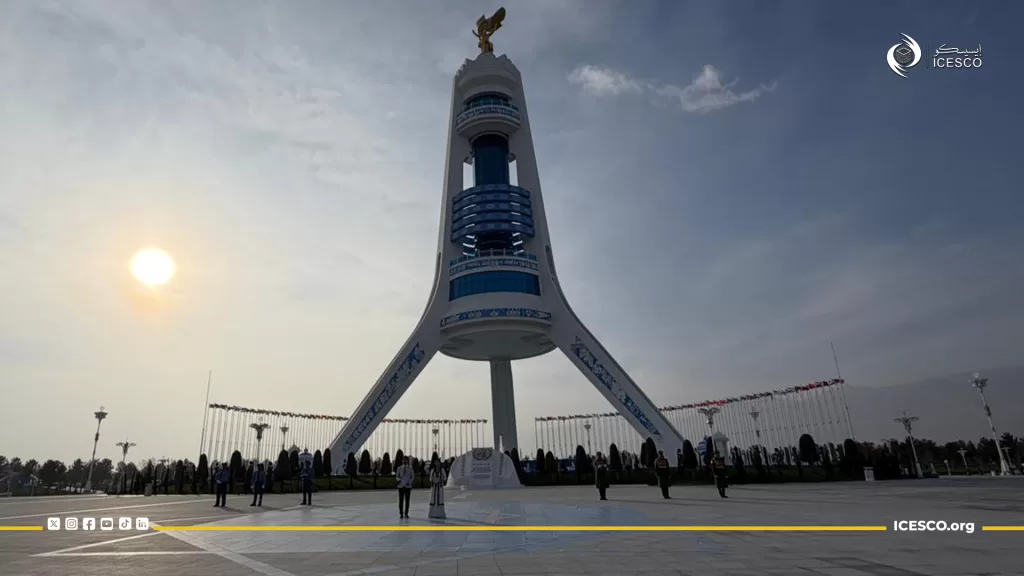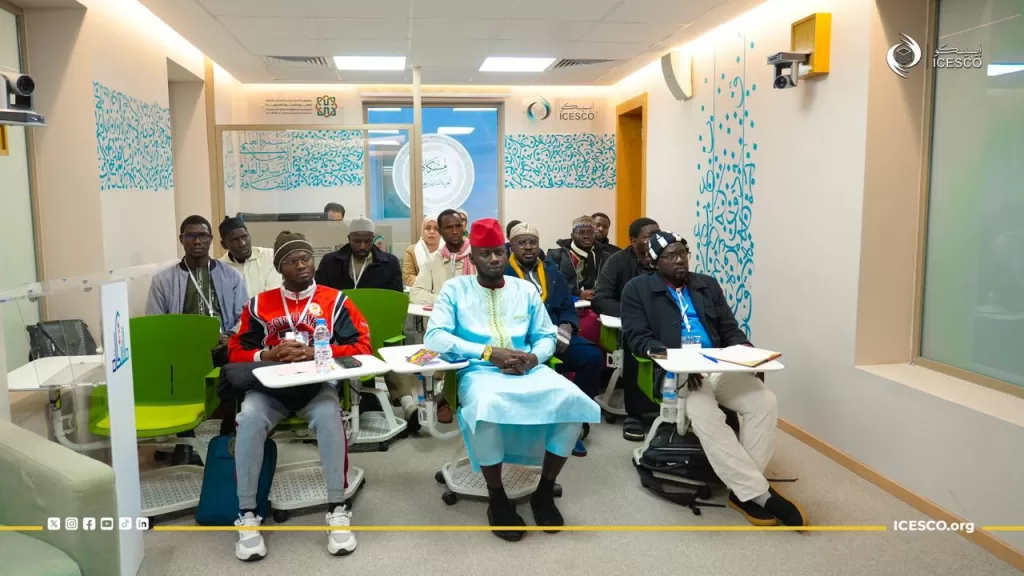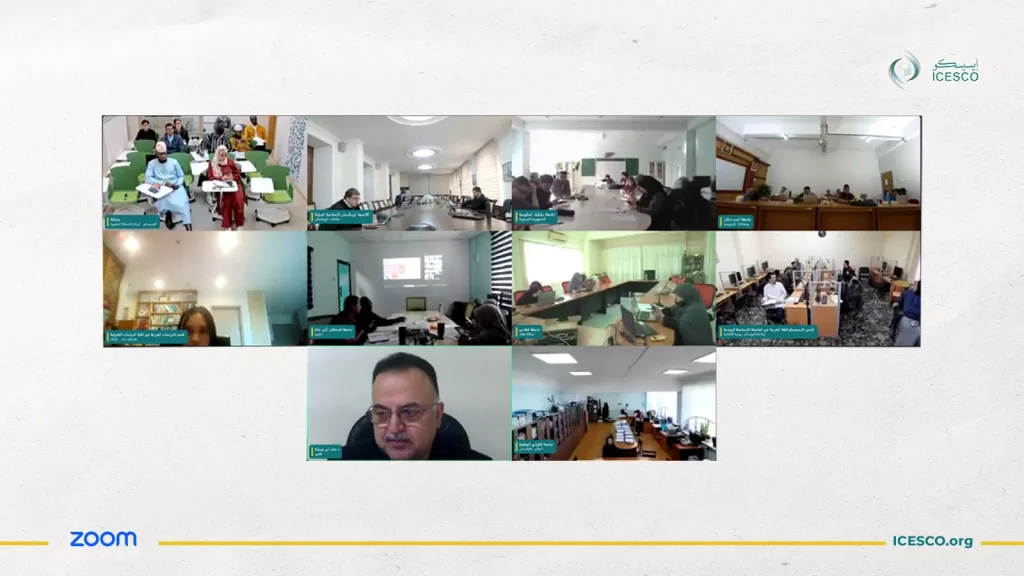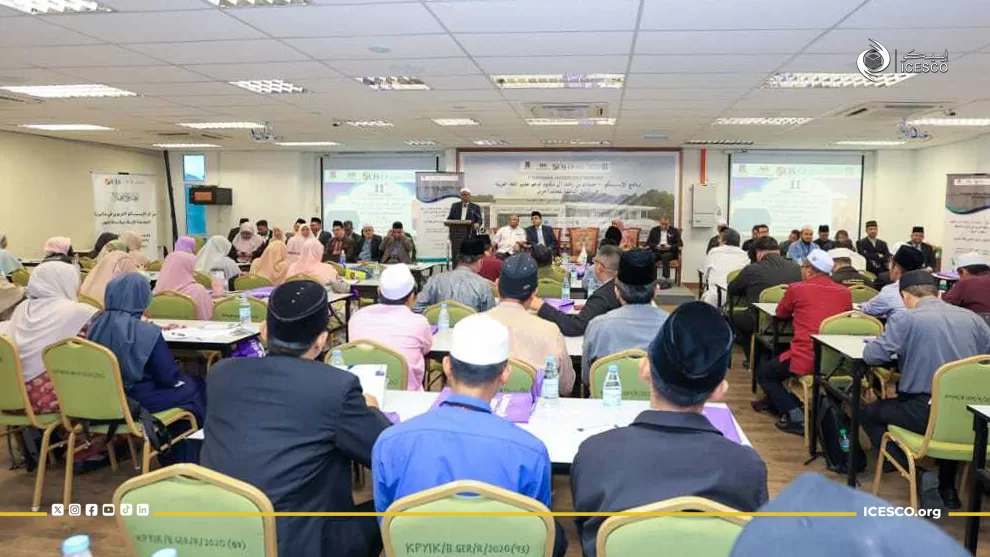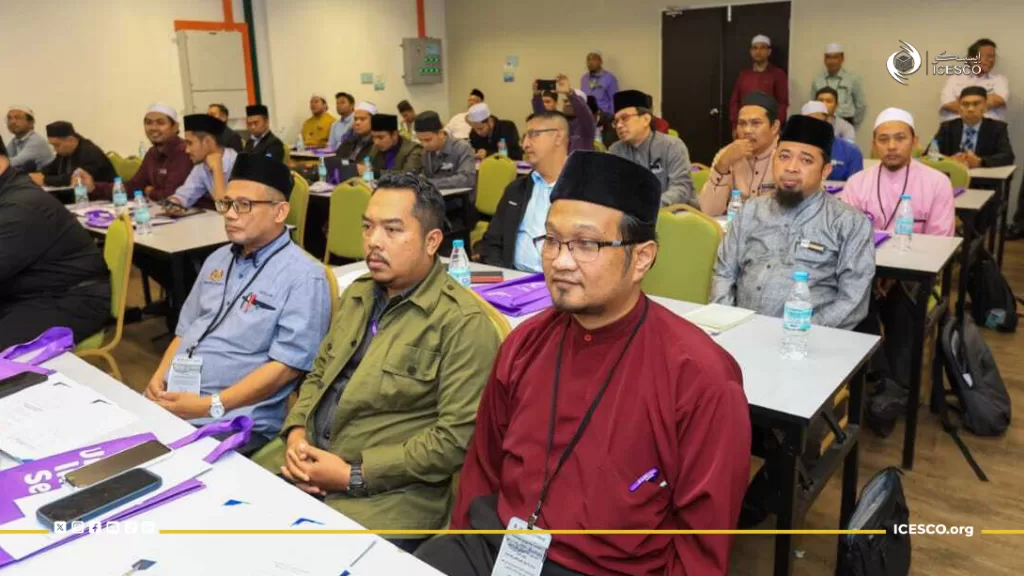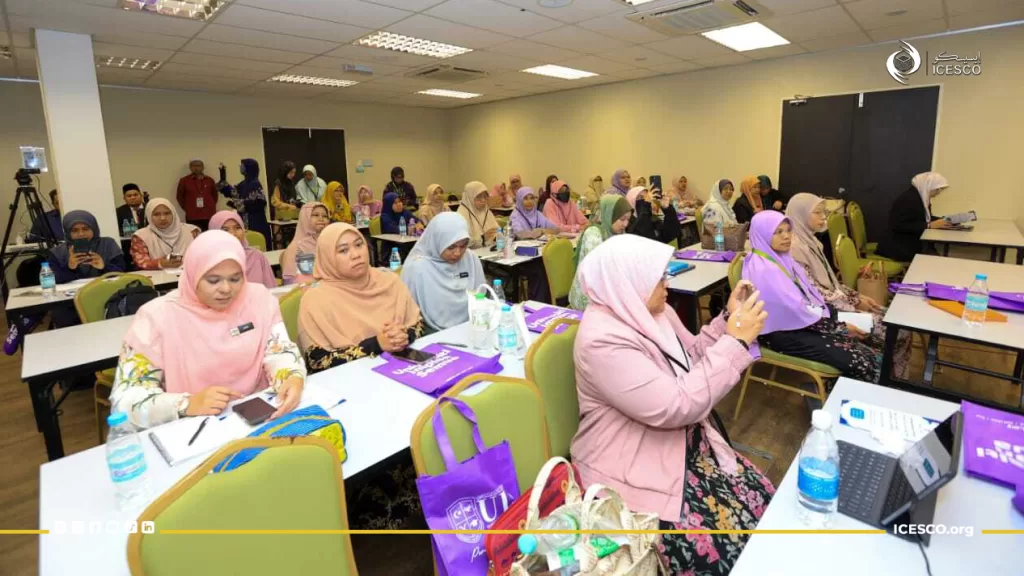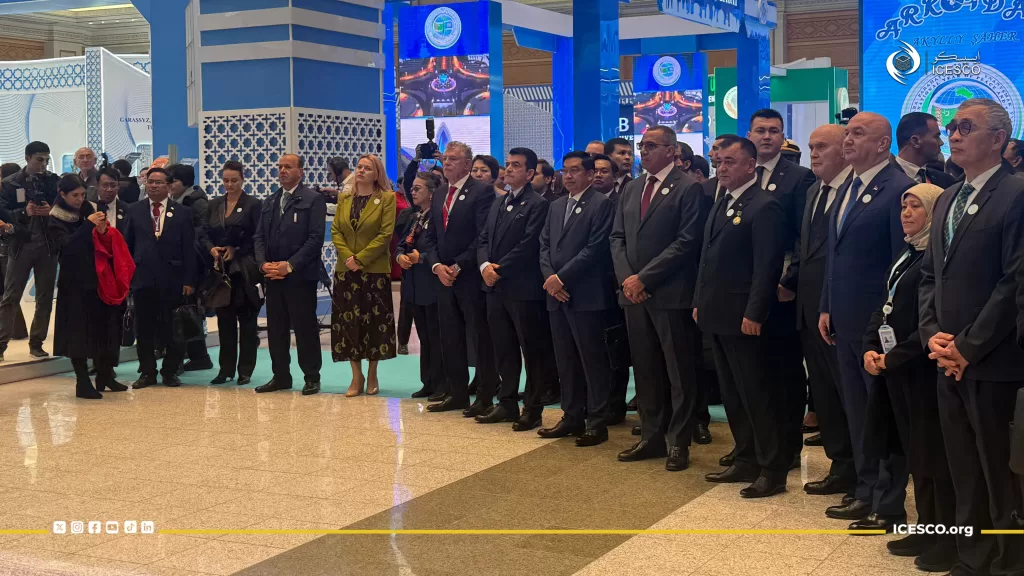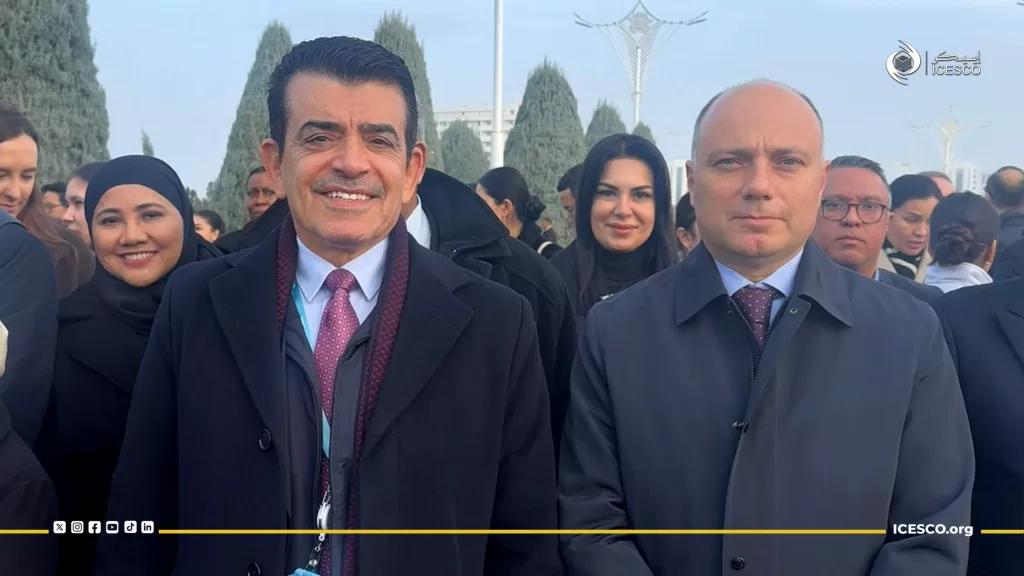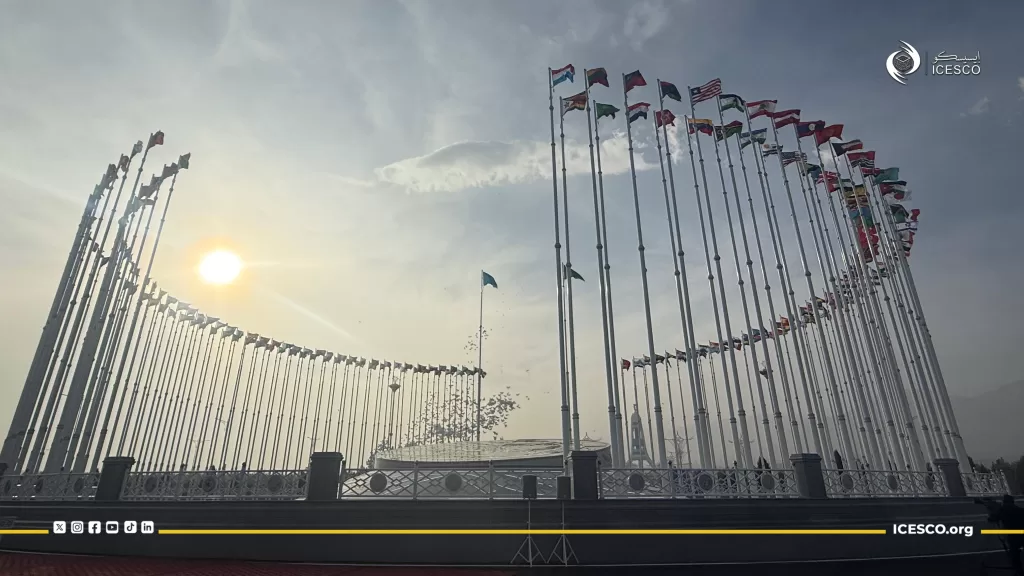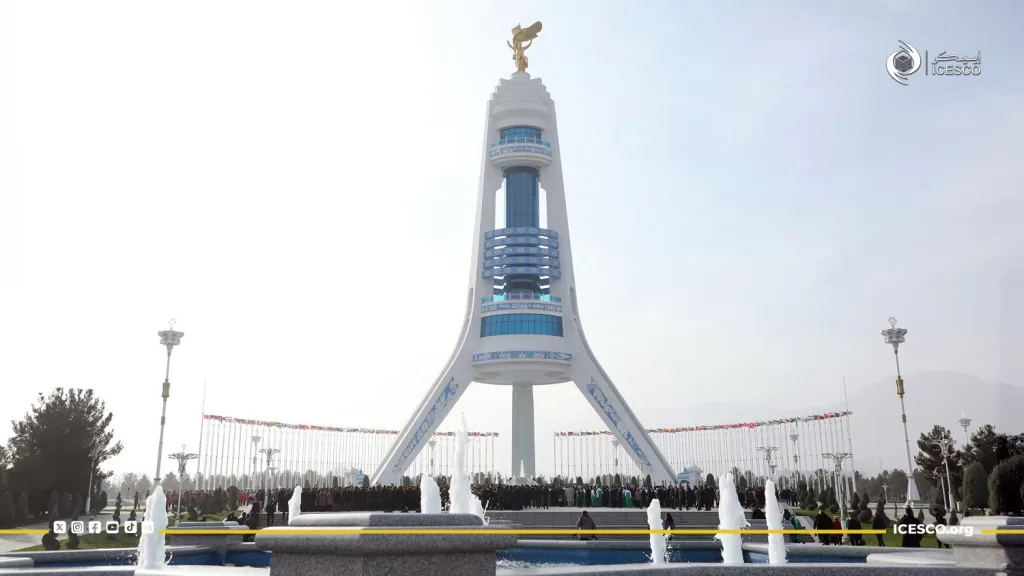The annual meeting of the Financial Control Committee kicked off at the headquarters of the Islamic World Educational, Scientific and Cultural Organization (ICESCO) in Rabat, Morocco, on Monday, 15 December 2025. The Meeting is dedicated to reviewing the Organization’s financial report and the closing accounts for the 2024 financial year, as part of ICESCO’s efforts to strengthen governance and transparency and to institutionalize best practices in financial monitoring and evaluation.
At the opening of the Committee’s meeting, Dr. Abdelilah Benarafa, Deputy Director-General of ICESCO, delivered a speech on behalf of Dr. Salim M. AlMalik, the Director-General, in which he affirmed that the Committee represents an essential mechanism for ensuring the soundness and efficiency of financial policies, supporting the development of planning tools and the rationalization of resources, and enhancing confidence with Member States and development partners, particularly at a time when the Organization is witnessing an expansion in its programs, initiatives, and sectors.
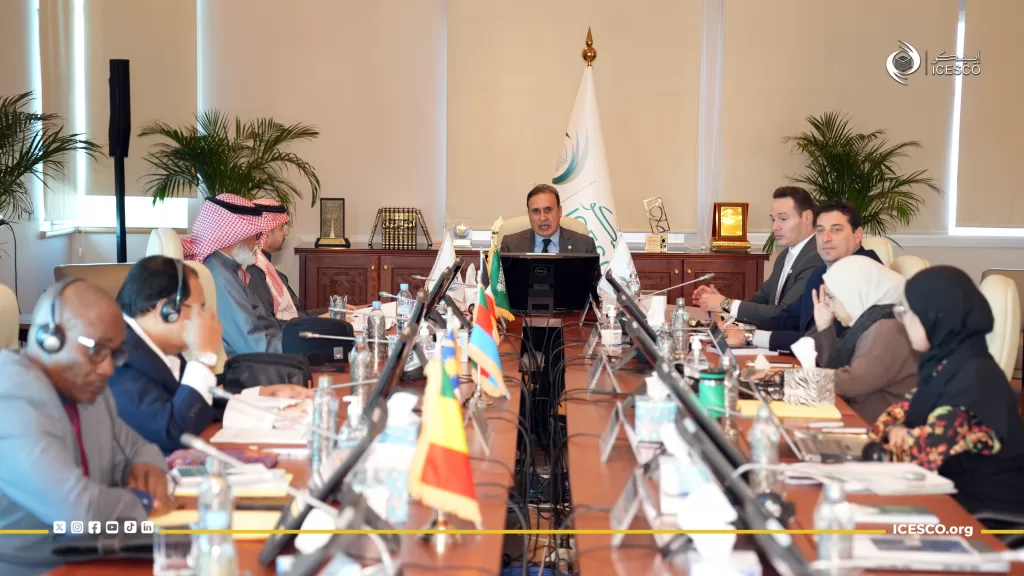
For his part, Mr. Yussuf Ali Al-Najjar, Chairman of the Committee, commended the initiatives and projects accomplished by ICESCO over the past year, emphasizing that the Committee’s work will focus on verifying the accuracy of data and the integrity of accounts, in a manner that supports ICESCO’s readiness to carry out its mandates in the most effective way.
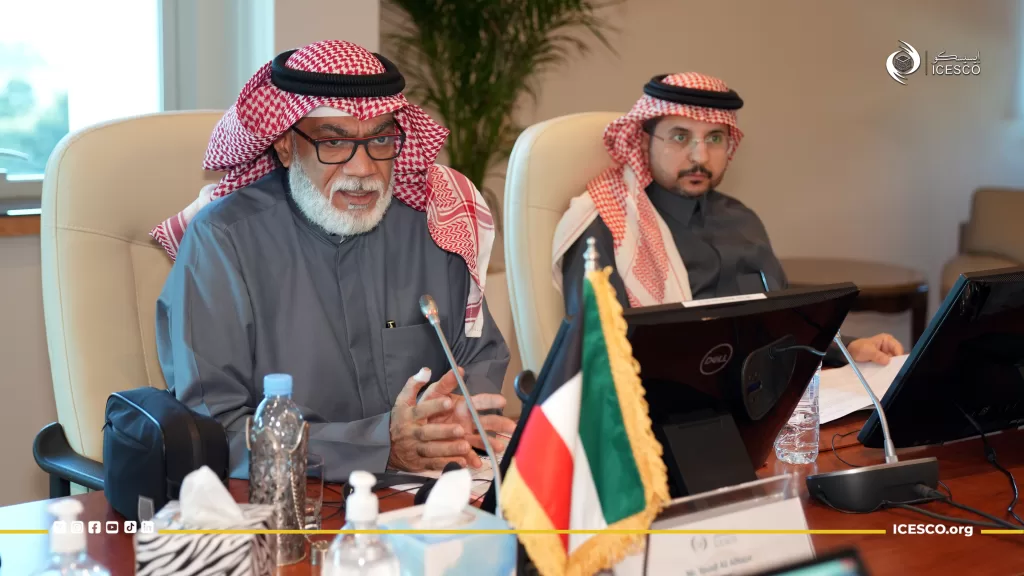
The current composition of ICESCO’s Financial Oversight Committee includes Mr. Yussuf Ali Al-Najjar, Representative of the State of Kuwait, as Chairman; Mr. Abdulaziz bin Saad Al-Dabbas, Representative of the Kingdom of Saudi Arabia, as Rapporteur; and the membership of Mr. Hazrul bin Ali, Representative of Malaysia; Mr. Araz Bagirli, Representative of the Republic of Azerbaijan; and Mr. El Hadji Habib Kébé, Representative of the Republic of Senegal.
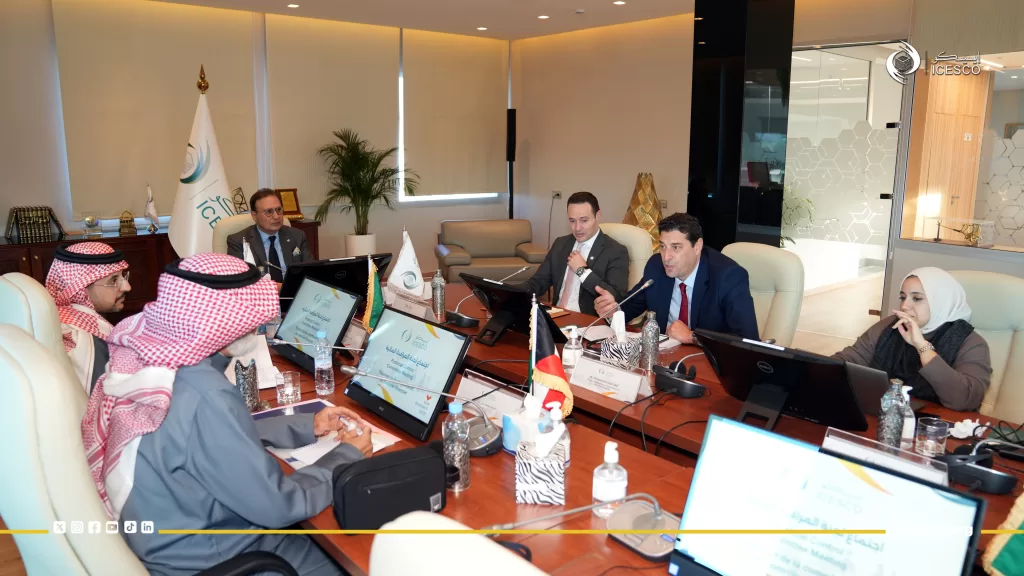
The Committee’s work will continue over a period of five days, comprising six sessions that will address the presentation of the implementation status of the Committee’s recommendations, the review of the General Directorate’s financial report, the discussion of the external audit firm’s report for the year 2024, as well as the follow-up on Member States’ contributions and the status of interim accounts, prior to the preparation of the draft report and the adoption of the final report.
